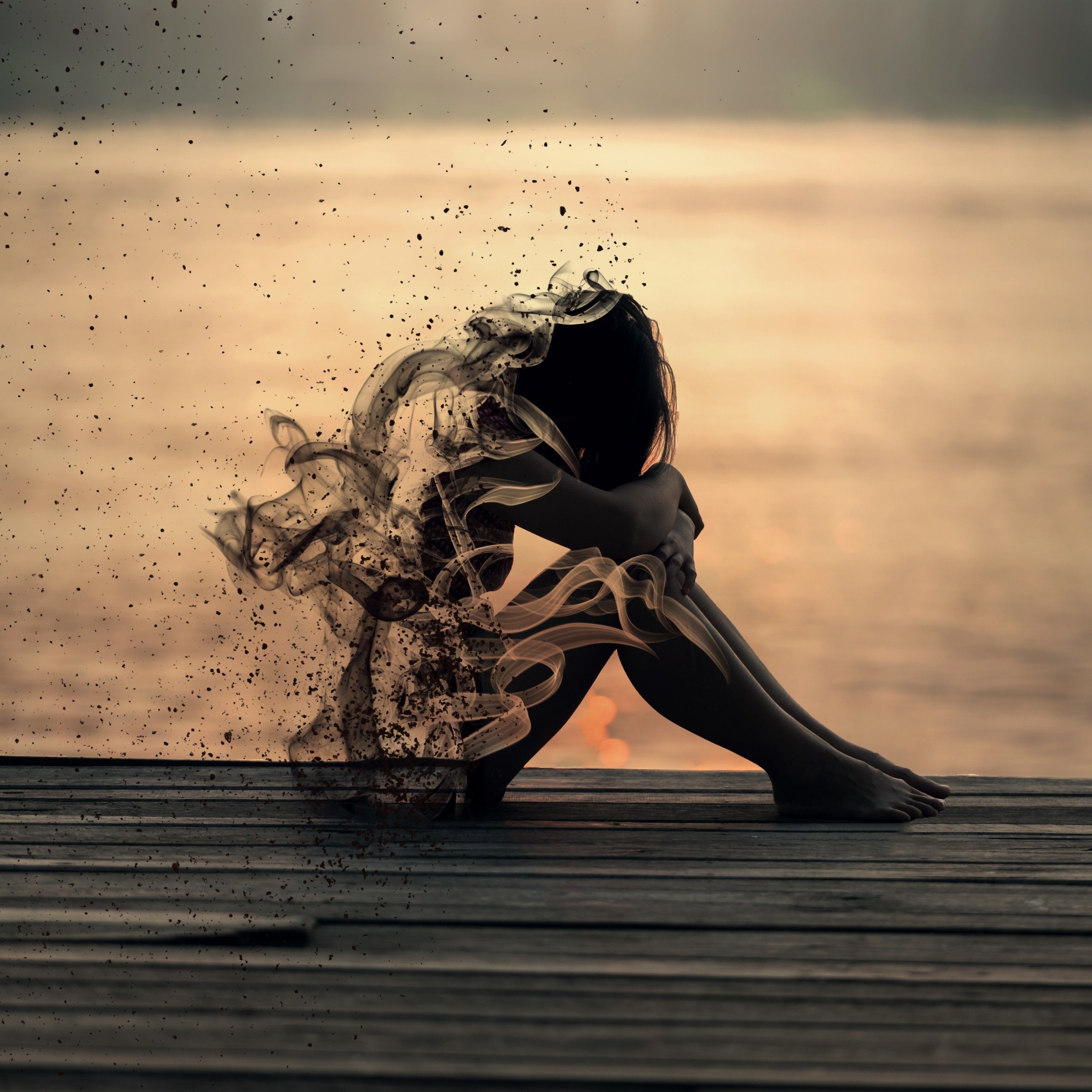In recent times, heated social climate and isolation has been exhausting to say the least. It has in most cases been our interpersonal relationships getting us through these seemingly unending months, whether it be a reliable friend, trusted family member, or loving partner, the warmth of human connection has cradled us as best it could through the tribulations of each day. That said, relationships were never designed to be perfect. Some are just plain abusive, loveless, neglectful, and a one way emotional street. If someone feels like they’re trapped in a negative relationship or like their love that they give isn’t returned, it can poison every aspect of a person’s life: the physical body, the mind, and worst of all one’s life overall, personal as well as professional.
Arguments and scuffles are bound to happen between even the closest companions after being trapped inside for a year like caged animals. People are flawed, and these flaws show especially brightly through the lens of familiarity, which inevitably results in the occasional disagreement, perhaps on numerous occasions throughout the week. Some relationships, however, go far beyond the occasional fight, to the point of being downright negative, toxic, and unfortunately even abusive, all of which have dire consequences for our mental and physical health, and our lives, both personal and professional.
Feeling unloved or stuck in a bad relationship, especially in the case of being trapped indoors with that person, can be excruciatingly taxing on both the mind as well as the body. During the time of day that’s supposed to be fulfilling and inspire joy for a person, that quality time with one’s significant other, or even in the case of say, a friend and roommate, when said person is negative, toxic, abusive, or even just neglectful, results in consistent high stress. Consistent high stress can cause one to be suspended in a state of perpetual fight for flight. While the fight or flight reaction is good for pumping your vitals full of adrenaline, stress hormones and cortisol when you’re in danger, it can be overwhelming to the body as well as the psyche when experienced in unceasing barrages.
The stress of being trapped or unloved in a relationship can inflict seemingly innumerable maladies upon the physical body alone. These include but are not limited to insomnia, acid reflux, weakened immune system, stomach aches, nausea, high blood sugar, high blood pressure, correlating intestinal damage, and even weakened libido, infertility, and erectile dysfunction. Meanwhile, the mental state will be doomed to suffer often overwhelming and all-consuming depression and anxiety, and of course, the out of control spirals in physical health that stem from them. Thus, a vicious cycle is created between the physical body and the psyche, and continues indefinitely until a change is made.
Further stemming from this poor mental state is hopelessness, poor self-esteem and confidence, as well as any number of potentially dangerous habits, including but not limited to substance abuse, addiction and dependency on anything from booze to shopping, and escapism, as well as a lack of interest in social connection, from introverted to full-blown antisocial behavior. It should go without saying that these factors will inevitably leak into every aspect of one’s life, regardless of how stalwart or unfaltering that person might be.
Needless to say that this kind of relationship is high stress, and therefore, burdensome to the entire being and how one navigates their life, and in the worst case hazardous. Yet, the question remains: what could possibly compel even the most empowered, intelligent, and self-analytical of us to want to stay in relationships that reduce them to blubbering heaps of depression and blind denial? Perhaps it is the fear of loneliness, the paralyzing dread of having to once again be single, alone with our thoughts and insecurities.
Loneliness is doubtlessly a powerful force, but even stronger yet is the threat of loneliness – the relentless thought pattern of “I’m not good enough for anyone else,” or “I can’t handle being alone, I don’t even remember what I did before I was in this relationship.” Many of us have been there before, and it’s a really crappy and self-sabotaging place to be that only excuses prolonging a venomous relationship.
How does one manage being in a relationship once the person realizes that it’s been reduced to something toxic and self-destructive? The easy answer is that there is no easy answer. One could tell a person “just break up with them, you can do better,” but if it was that easy they would have done it before it became a problem that required advice in the first place. From here, it’s easy to descend into despair and to feel alone when you’re in a bad relationship, and yet it can seem not quite as painful as being single again. When you’re in a toxic relationship, surrounded by bad advice and lack of understanding, it can seem like you’re alone regardless, but that relationship is the strand standing between feeling alone and feeling completely alone.
The more complex answer is that you need a strong support group. You can find people with whom you relate, to bring your questions, and share thoughts in hopes these confidantes can give unbiased advice wholly based on their own experiences. Many of these people you may find are trusted friends and family members, who may very well in time find themselves exhausted with your story or give poor advice. Instead, you might consider specialized and safe communities on social media, like on the new Clarity app, which can give you resources and advice from both people with similar experiences and relationship experts. With the proper help and guidance that actually pertains to the situation rather than simplifies and belittles it, perhaps one could gain the confidence to change their circumstance as is necessary.


